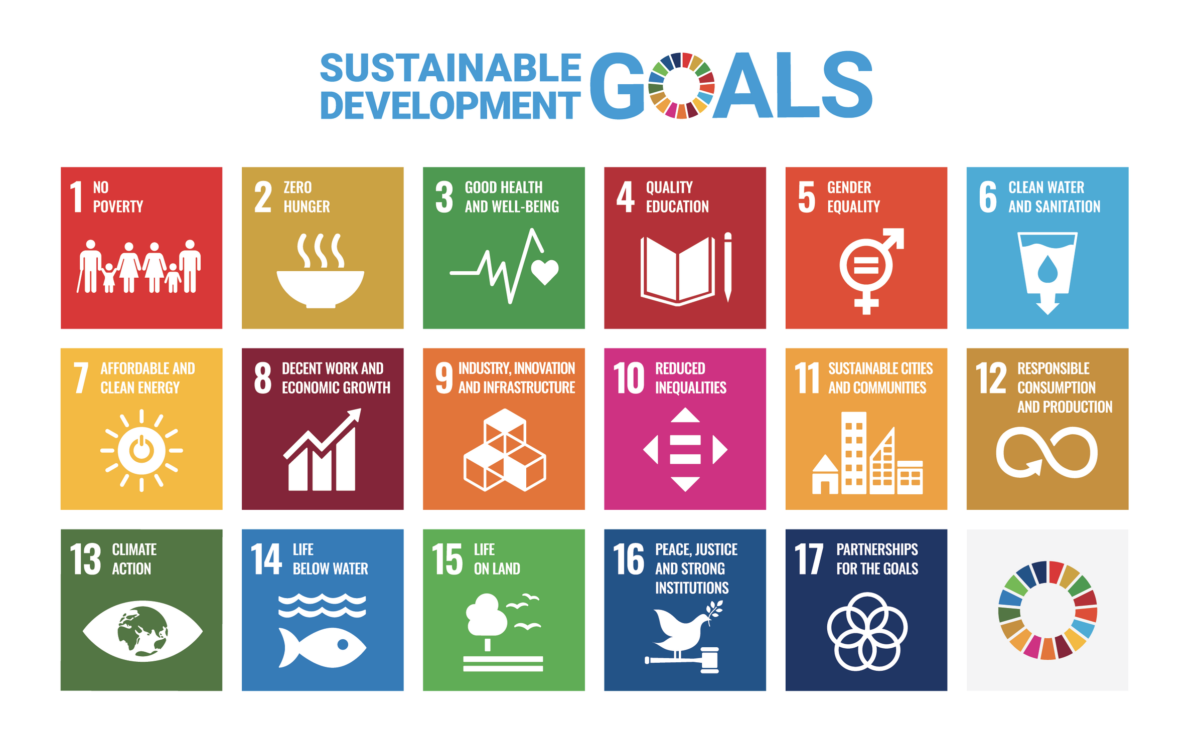While COVID-19 has rightfully become the spotlight of international attention, climate change continues to threaten human health and safety. Amid the chaos of current international stressors, multilateral negotiations on climate change have struggled to maintain their prominence and impact without in-person negotiations. With international agreements on pause, global movements to reduce the impacts of climate change have come to a standstill.
One impact of COVID-19 on multilateral negotiations was the postponement of the 26th Climate Conference of Parties (COP), an annual conference organized by the United Nations Framework Convention on Climate Change. The conference was originally scheduled for November 2020, but has been postponed to November 2021 due to coronavirus health and safety guidelines. This one-year delay will stagnate progress on climate change mitigation policy, as global negotiations cannot be made in the interim.
The Sustainable Development Goals (SDGs) were created in 2012 at the United Nations Conference on Sustainable Development in Rio de Janeiro. These goals replaced the poverty-focused Millennium Development Goals of 2000. The SDGs were officially adopted by all UN Member States in 2015, setting off the 15-year plan to reach all 17 goals by 2030. As part of the original agreement on the SDGs, the indicator framework for the goals are to be reviewed every five years and revised as needed at the United Nations Statistical Commission (UNSD). This was able to happen this year as scheduled, and the 51st session of the UNSD took place in New York City in early March 2020. However, further, more drastic revisions may come when the goals are reviewed through a post-COVID-19 framework, because the pandemic has derailed progress on the goals. 2020 is meant to begin the “Decade of Action” for reaching the Sustainable Development Goals before their target deadline of 2030, but there remains uncertainty about the precise impacts COVID-19 will have on global sustainable development.
COVID-19 has already set nearly all 17 Sustainable Development Goals behind their anticipated course. For some goals, COVID-19 has reversed progress. For example, this year saw the first global rise in poverty in decades. Without the opportunity for international conferences, countries will struggle to continue their pre-COVID-19 progress on the SDGs. This is especially crucial for developing countries, which often rely on developed countries for leadership and aid. According to the UN Sustainable Development Goals Report 2020, a global recession is likely to reduce development aid to developing countries. Conferences allowed for countries—especially those less-developed—to fight for their needs and advocate for assistance, as it is typically these countries that have the farthest to go to reach international goals. Moreover, COVID-19 has further exposed and expanded inequities between countries, creating greater gaps in achievement between developed and developing countries. This can also be seen within individual countries, as vulnerable groups, such as older people, people with disabilities, children, women, and refugees are hit hardest by the pandemic. The UN also predicts that COVID-19 and its impacts will further threaten global peace and security by exacerbating conflicts within and between countries. Though the Sustainable Development Goals are not all focused on climate change, their cumulative power will have a large impact on global climate change mitigation and adaptation moving forward.
Conducting multilateral negotiations while taking the necessary safety precautions has been extremely challenging. These restrictions will continue to set back important initiatives like the Sustainable Development Goals, which ultimately affect progress on climate change mitigation. Despite these setbacks, this is not the time to turn away from international cooperation. More than ever, now is the time to capitalize on the major changes already occurring on a global scale and rebuild nations in a way that prioritizes sustainability. By uniting forces and continuing to focus on common goals despite a lack of large multilateral negotiations, countries can work together to couple COVID-19 recovery with climate recovery. Neither issue can wait any longer.
Sources:
Hub, I. (n.d.). Event: UN Climate Change Conference (UNFCCC COP 26): SDG Knowledge Hub: IISD. Retrieved November 14, 2020, from https://sdg.iisd.org/events/2020-un-climate-change-conference-unfccc-cop-26/
UN report finds COVID-19 is reversing decades of progress on poverty, healthcare and education | UN DESA Department of Economic and Social Affairs. (n.d.). Retrieved November 14, 2020, from https://www.un.org/development/desa/en/news/sustainable/sustainable-development-goals-report-2020.html
United Nations. (2020). The Sustainable Development Goals Report 2020. Retrieved 2020, from https://unstats.un.org/sdgs/report/2020/ United Nations Development Program. (2020). Background of the Sustainable Development Goals. Retrieved November 20, 2020, from https://www.undp.org/content/undp/en/home/sustainable-development-goals/background.html

